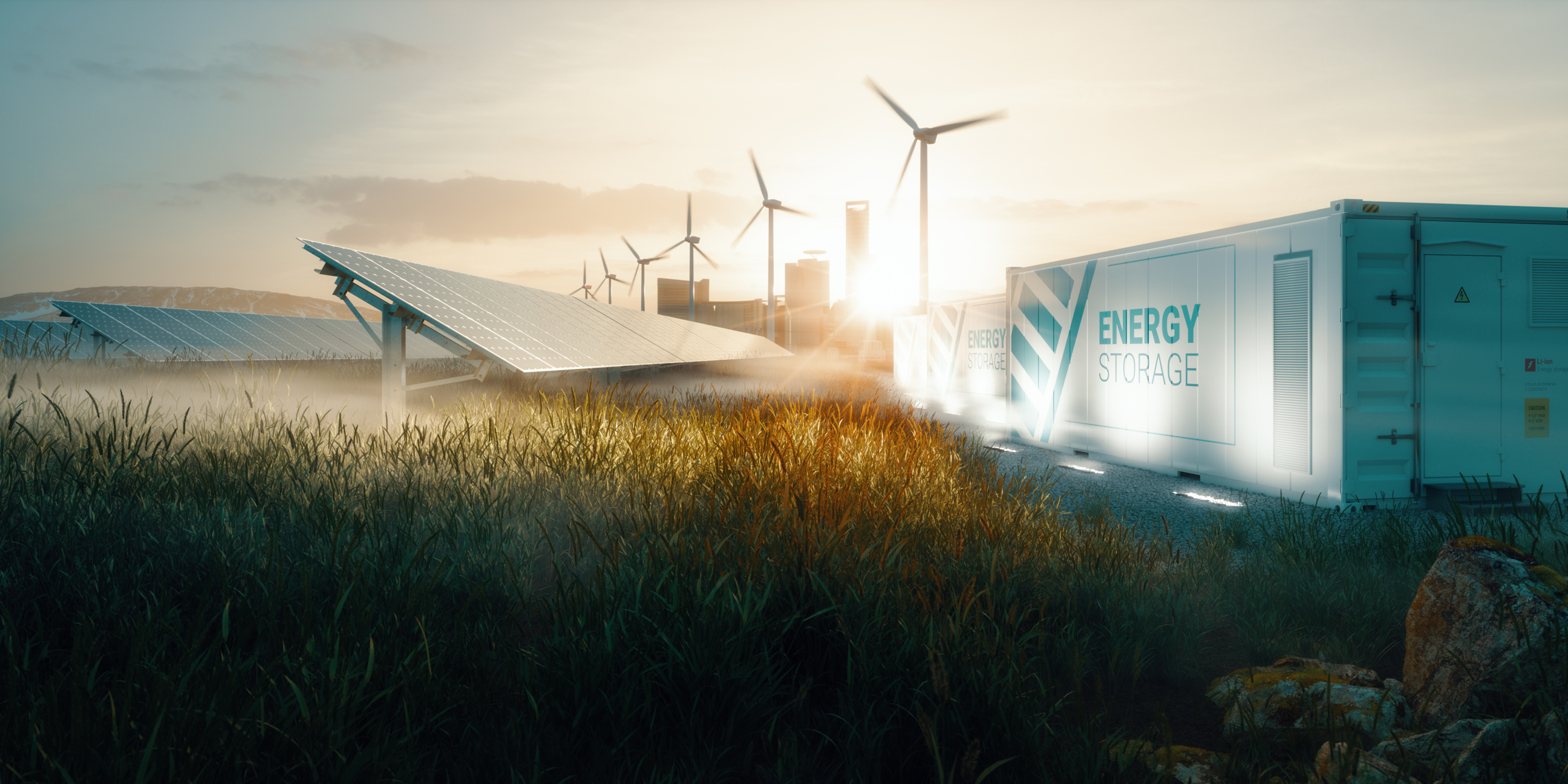
Copenhagen Infrastructure Partners is working on a portfolio of battery storage facilities in the UK. The projects will ease transmission system congestion, enable greater renewable energy integration, lower consumer costs, and pave the way for further investments in battery storage around the world.
There’s plenty of wind in Scotland and a large and growing fleet of offshore and onshore wind farms, producing significant amounts of green electricity.
But a large part of the demand is much further south, particularly around London, southeast England, and the Midlands. Getting the power to where it’s needed is no simple task, given the limited capacity across existing and planned north-south transmission lines – so while there are many windy days in Scotland, often that energy is lost.
Copenhagen Infrastructure Partners (CIP), supported by local partner Alcemi, is helping to address this by developing a portfolio of large-scale battery energy storage system (BESS) projects across the UK, so surplus power can be stored and released when transmission becomes available again.
A Final Investment Decision (FID) has been taken on the first project, Coalburn 1, with an investment by Alcemi United Kingdom of more than GBP 400 million and capacity of 1,000 MWh. Construction is now underway.
This is a significant milestone for CIP proving the need and the business case for large scale grid connected battery storage projects in the UK. This is CIP’s first major battery project globally, and the biggest in Europe, with significant potential for many more using this technology.
The strong progress in the UK is providing important experience for other significant battery investments around the world. CIP has already invested in battery projects in the U.S. and is also looking at several markets in continental Europe and Australia.
The projects being developed by CIP have strong interest from supply chain, despite recent challenges due to swiftly growing demand, and have also concluded an attractive offtake contract that underpins the revenues. Each market has specific characteristics, according to existing infrastructure and regulation, and needs to be judged as such.
Large-scale batteries will not be the right solution in every single market but the experience in the UK demonstrates that with an appropriate regulatory framework, the market can develop viable structures that lead to projects being developed and operated on a commercial basis.
The Alcemi portfolio includes some of the largest energy storage projects in Europe, with planned capacities of between 300 MW and 500 MW each and storage duration of up to four hours. Construction of the more advanced projects is expected to be funded by CIP’s current and subsequent flagship investment funds, Copenhagen Infrastructure IV and V.
They are being developed at strategic locations that will support the transmission system by limiting the impact of network constraints, by storing and then releasing excess power to avoid overloading the transmission network, and by providing other ancillary services to the system.
This will help reduce the overall energy cost for consumers and lower the carbon intensity of the UK power sector, ensuring better utilisation and integration of both the available and future renewable energy resource and limiting the need for fossil fuel power generation during peak demand. Batteries also mitigate stress events in the system (up to brownouts or blackouts), such as unexpected shutdowns of large power plants, when the system needs rebalancing almost instantaneously.
Storage and batteries are now a much more prominent part of CIP’s portfolio. The way we invest in batteries is to make it more like infrastructure, so there is some market risk but with an offtake contract in place that provides significant risk mitigation. It’s a new asset class with a slightly different risk profile.

Across the world CIP is engaged in green energy and infrastructure projects. Here are a few of them.